The Indian subcontinent is undoubtedly one of the most diverse lands, having almost all kinds of landforms one can find geographically. Thus, you have the snow-covered Himalayas, the Thar Desert, the coasts, the Gangetic plains, plateau, forests, etc. Because of these variations, crops are developed differently, including all India’s seasonal fruits and vegetables. This is the reason you need to get hold of these seasonal vegetables and fruits and consume them as much as possible!
Seasonal fruits and vegetables have tremendous amount of nutritional benefits and can result in great health. So, don’t waste any time and make a note of all the seasonal foods and load your kitchen and fridge with them! Here are few local seasonal fruits you need to try!
1. Watermelon

Watermelon is one of the juiciest seasonal fruits in India, grown in the summer season. There are numerous varieties of fruit you will find in the market. Irrespective of the variety you are choosing, one thing you can be sure of is that nothing can ever equate to the juiciness of the watermelon’s red pulp. Summer is the watermelon season in India. Right from late April to early June, you see the fruit markets flooded with this fruit.
Watermelon’s pulp is rich in Vitamin A, helping both the eyes and the skin. Vitamin B6 present in the watermelon can increase the immunity power of your body immensely. It is one of the most important summer season fruits in India. A tall glass of juice, a mocktail served chilled in an insulated tumbler or a fresh salad, watermelon is just delicious in all its forms.
2. Mango

As everyone knows, mango is the king of fruits grown in summer, which is why you can easily get hold of this fruit as soon as the spring ends and the summer season begins, almost from the early weeks of April. As the season progresses, you have different variations of this fruit in India like the Alphonso, Himsagar, Kesar mangoes, Chausa mangoes, Langra, Safeda, etc. This particular fruit is rich in Vitamin C and antioxidants. Both increase your body’s natural defense mechanism amazingly.
3. Papaya

Papayas are one of the finest seasonal fruits in India. The raw form of the fruit is typically used in cooking as the pulp is quite hard, making the raw form not very suitable for consuming as a fruit. When the ripened papaya season arrives, you can find the outer green skin in the colors of green and yellow. The pulp of the fruit turns softer and has a dark orange color, based on the degree of ripening. Papayas are preferred for their huge amount of Vitamin C in the pulp. The fruit is also tremendously beneficial in enhancing bowel movement in people suffering from IBS or constipation.
4. Gourds
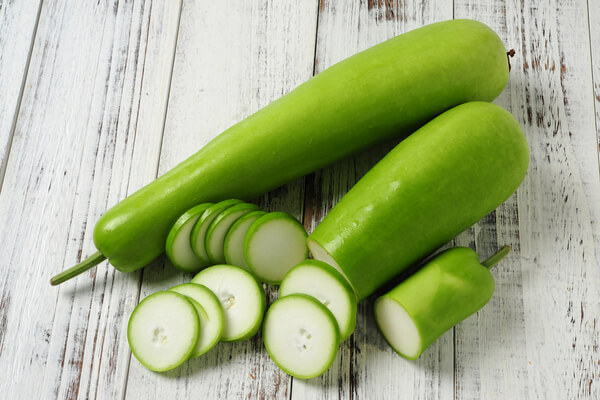
Monsoon is the perfect time to stock up your fridge with all the gourds you can find in the market. Bitter gourd, snake gourd, bottle gourd come with their own health benefits as they are good for the heart, help in weight loss and digestion. There are a lot of recipes you can try with this group of veggies.
5. Oranges

The moment the autumn season begins nearing the end, you can find various types of oranges available in the market. Oranges are one of the healthiest seasonal fruits in India. To begin with, they are loaded with Vitamin C, an excellent source of ascorbic acid that can help you prevent scurvies and improve the body’s immunity factor. The juicy pulp of this fruit can be consumed raw, or you can make juice and smoothies out of the orange pulp and serve in insulated tumblers.
6. Figs
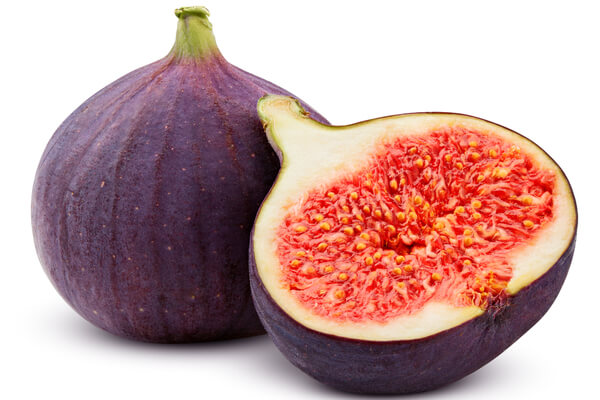
Although figs are known to be one of the all seasonal fruits in India, you can get the dried version of them in other specific seasons. It is only in summers that one can enjoy the taste of this fruit. Fig has a different texture, making it one of the most exotic seasonal fruits. If you talk about the fruit’s skin, its smoothness melts in the mouth when you take a bite. The flesh, however, is chewable, which is fun for munching. The chewable texture is due to the high fiber content of the flesh. Lastly, you can enjoy the crunchiness of the seeds embedded deep inside the fruit.
7. Cucumber
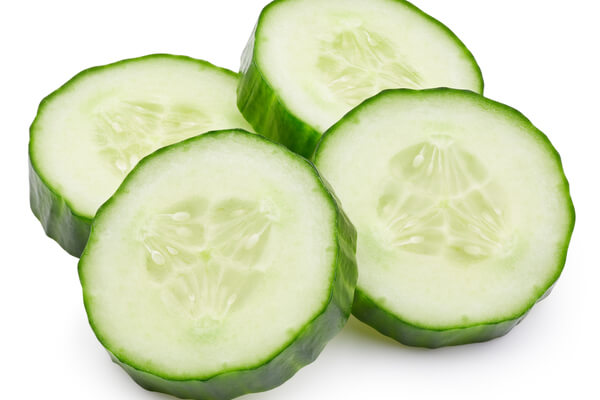
Cucumber is a summer vegetable and something you should definitely load up during the scorching heat when your body is at risk of getting dehydrating. Cucumbers like watermelons contain a lot of water content which can cool down your body considerably.
8. Greens
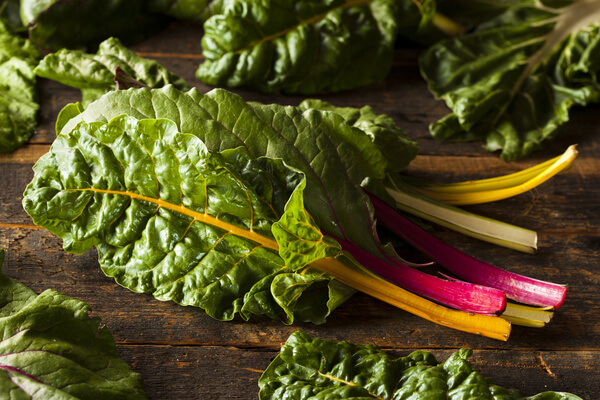
It is in winter when the market is flooded with green leafy veggies, and there is no better time than that to get your full. You will see greens like mustard, fenugreek, spinach, amaranth, etc. Green leafy veggies are loaded with iron and various vitamins and minerals. You can be sure that your body receives all the nutrition it needs with these veggies!
9. Dates

One of the most accessible winter season fruits you will find in India is dates. The origin of this fruit goes back to the Caribbean times in the Middle East. The fruit, filled with essential nutrients and bioactive compounds, is extremely beneficial and used in different recipes to enhance the food’s flavor. You can find several varieties of dates in India, making it one of India’s most preferred seasonal fruits throughout the winter season.
10. Apples

Primarily grown in the Kashmir region, apples are one of the most remarkable winter season fruits. Apples are suggested by many doctors, thanks to their numerous health benefits. You will see different apple varieties in the market for both the red and green species. You can easily incorporate the winter season fruit in salads or use it to make some delicious sweet dishes. The saying, “an apple a day keeps the doctor away,” has always been right.
Conclusion
Since you are now well aware of all the fruity facts of the Indian agricultural market, go ahead and buy your favorite fruit before the season ends. The happiness of savoring the taste of the seasonal fruits in India is fantastic, something you might never want to trade for another food. So, study these season-based fruits well and make a list of what you would like to add to your diet for that particular season.

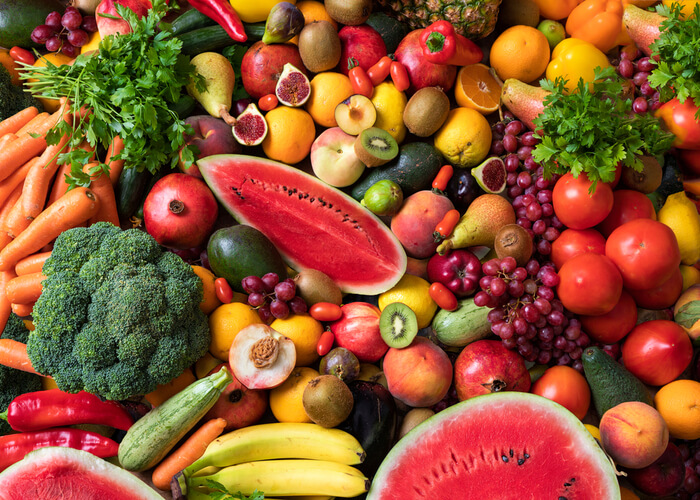






Recent Comments